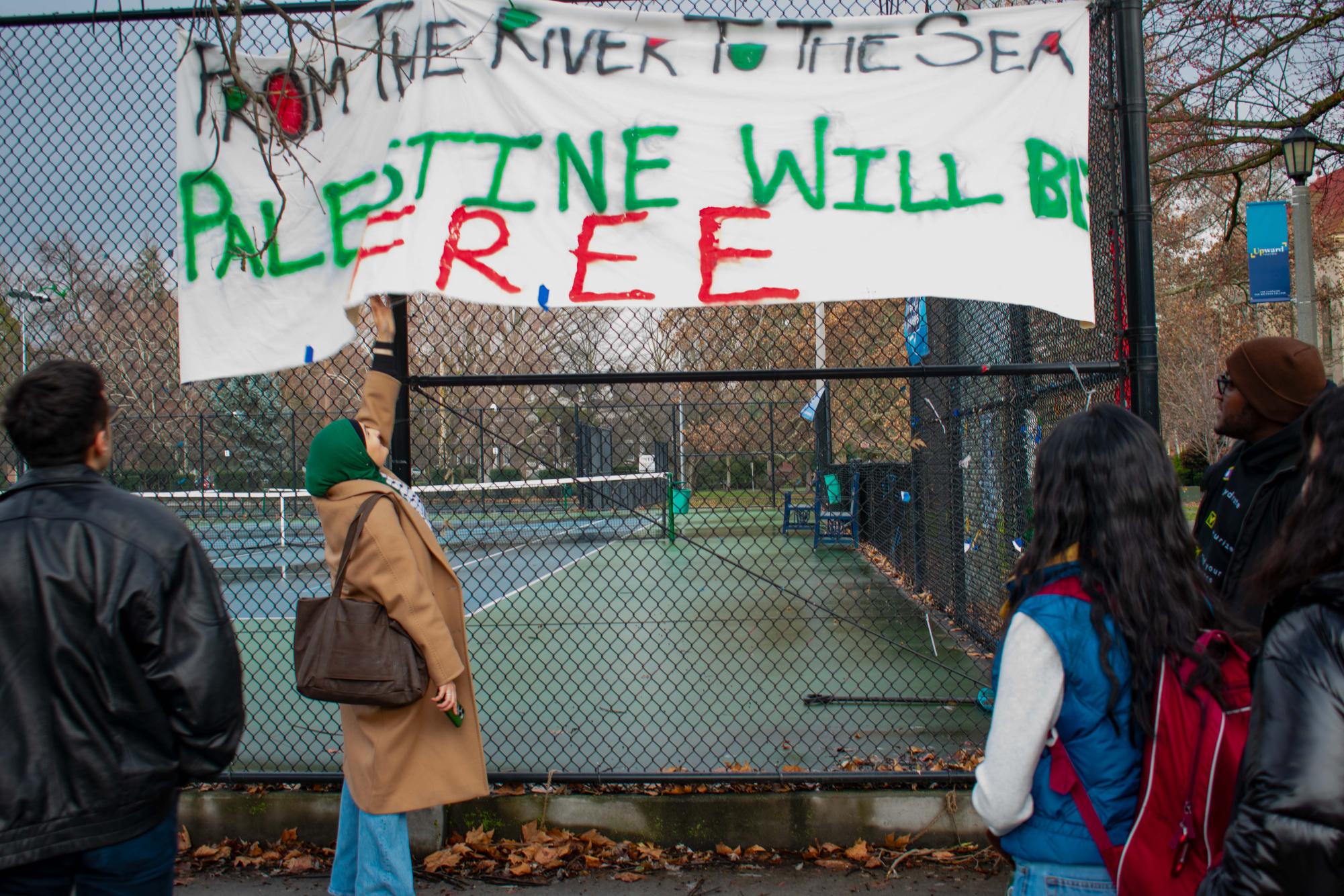
Linda Sarsour, the ‘homegirl from Brooklyn,’ has one message for Whitman students: “This is not a sprint. It’s a marathon.”
Sarsour, of all people, would know. Among her many roles, including the bona fide face of resistance against the Trump campaign, Sarsour was once labeled the “most reliable target of public vitriol.” In 2023 alone, the Biden campaign distanced themselves from Sarsour with top Biden aide telling CNN’s Jake Tapper that the President “obviously condemns her views” on BDS.
Sarsour is perhaps most well known for her role as co-chair of the Women’s March, a group founded in the immediate aftermath of Donald Trump’s election – culminating in what remains the largest single-day protest in American history. Before her work with the Women’s March, Sarsour had worked as a translator and advocate in her largely Muslim Brooklyn community in the aftermath of the September 11th attacks when stop-and-frisk was at its peak. She went on to co-found the Justice League, a coalition working to end mass incarceration, and more recently co-founded Until Freedom, a group that bills itself as “the definitive non-profit organization for community activism, education and rapid response around tragedies resulting from injustice.”
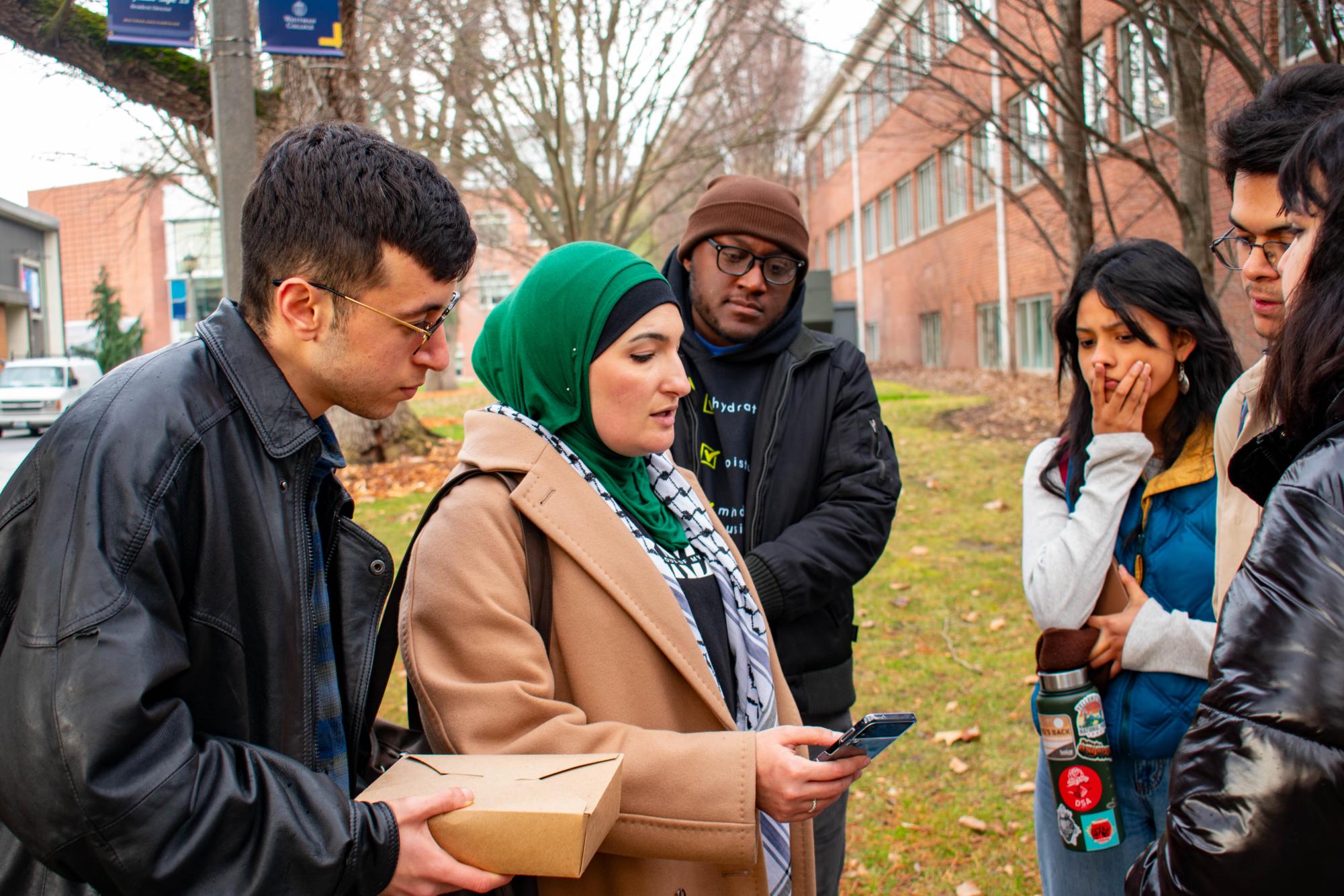
Sarsour says her identity as a Palestinian-American and a Muslim who wears a hijab makes her an “easy target.”
“If I could go back, I probably wouldn’t want to be a visible leader in the way that I am.”
If Sarsour’s visit to Walla Walla to deliver the keynote address for Whitman College’s 2024 Power and Privilege symposium was not something she foresaw all those years ago, it is still serendipitous. As she told a room full of students joining her for lunch, ‘walla walla’ in arabic means something along the lines of ‘I swear to God’.
When she found out where Whitman was located, Sarsour says she responded, “I swear to God, I’m going!”
The need for a ‘definitive’ organization for community activism became clear to Sarsour when she left her role at the Women’s March in 2019. Notably, Sarsour departed alongside Tamika Mallory and Bob Bland, then co-presidents of the organization. As Sarsour describes it, their departure came after years of tension within the group.
“It was difficult times for Women of Color leadership. There was a lot of tension within the women’s march – to the point where many folks who were progressive actually rejected our leadership. We became targets of vilification campaigns as WOC for our work – for the positions we took, like defund police, abolish ICE, on Palestine,” Sarsour said.
Before Sarsour delivered her keynote address to over 180 attendees, student organizers took her on an informal tour around campus. They shared with her their frustrations with the college’s actions over fall semester, and she offered seasoned advice. Later, Sarsour explained that, “Administrations have to understand that they should be quite proud of their student population – that you have students at your school who are not only committed to their studies and to getting degrees … but they’re also committed to being purposeful human beings.”
Sarsour’s keynote address was undeniably a call to action, one meant to invigorate the ‘purposeful human beings’ at Whitman. After 9/11, she said, she knew something had fundamentally changed because at her mosque “the gate was drawn.”
Today, in a world full of violence, crises and drawn gates, Sarsour encouraged students to begin by acknowledging each other. Students were encouraged to meet one new person before they left her keynote.
Sarsour’s story resonates with a lot of young people, and a lot of Whitman students. A child of immigrants, Sarsour was raised in Brooklyn and carries her multifold identities with pride.
“I always say to people I’m unapologetically Palestinian-American and unapologetically Muslim, and I always say I’m unapologetically from Brooklyn, New York,” said Sarsour.
Sophomore Arthur Fernandes, who attended the keynote, was involved in organizing last year’s P&P and called Sarsour’s speech “one of the best so far.”
“As a Brazilian,” said Fernandes, “I came to the US in 2018 with my mom. She still to this day hasn’t spoken English fully, so she has a lot of problems with interacting with her community … listening to Linda and how she was able to interact with other communities, I just wanted to understand that process so I can [bring that to] my mom in this time of need for her.”
For Sarsour, who was “made into a caricature by the right wing,” the best advice for students is, simply, “Don’t give up.”
“It will happen,” she said.
As Sarsour’s keynote address made clear, people’s goals, the “it,” is always changing. The best way to start making change today? Bring your neighbor a cup of coffee.

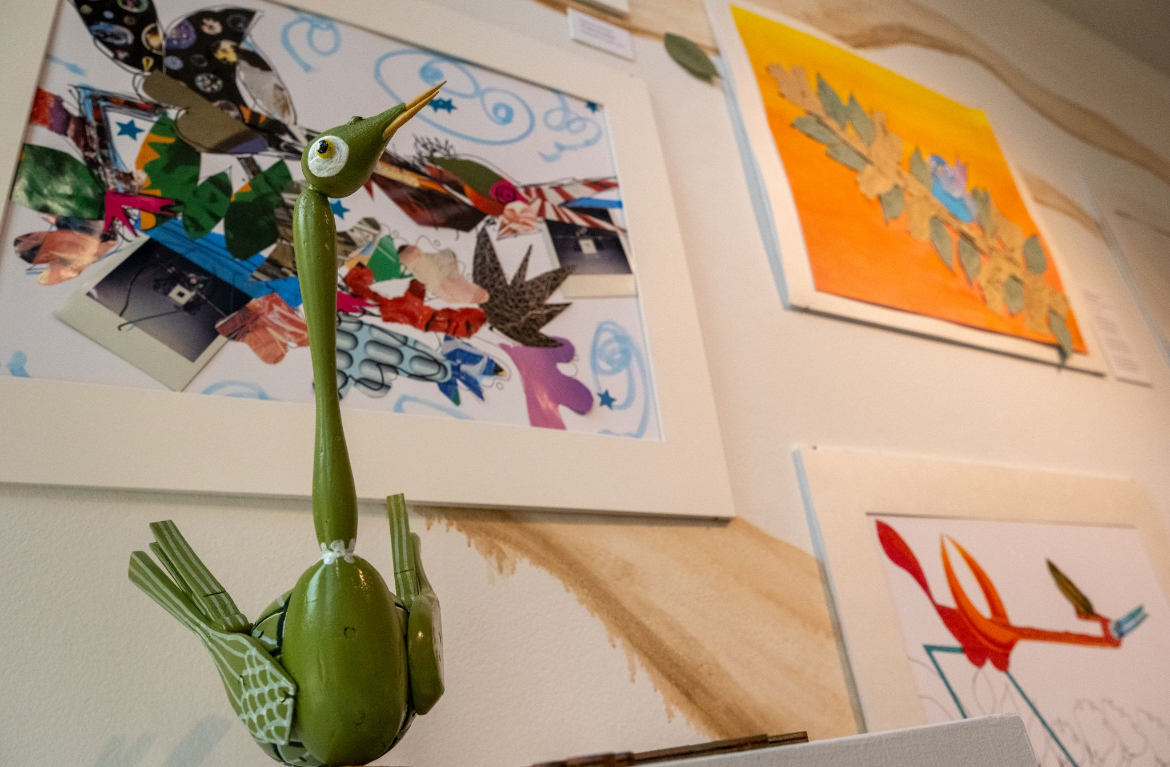

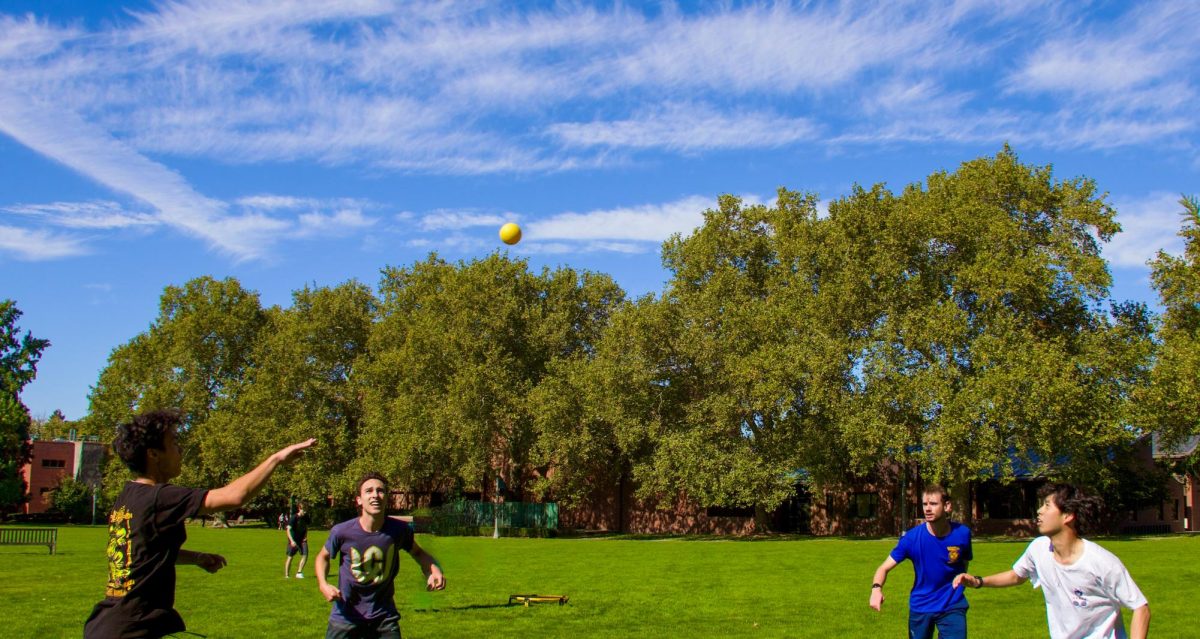
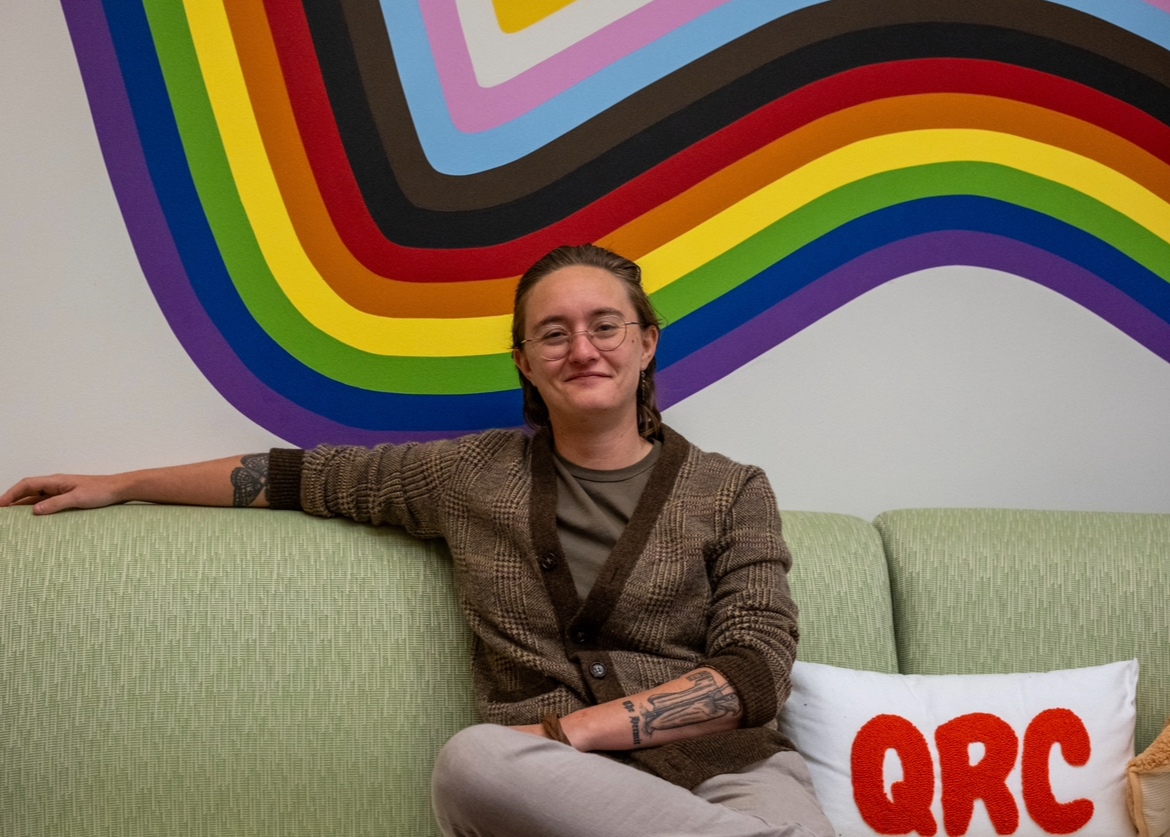
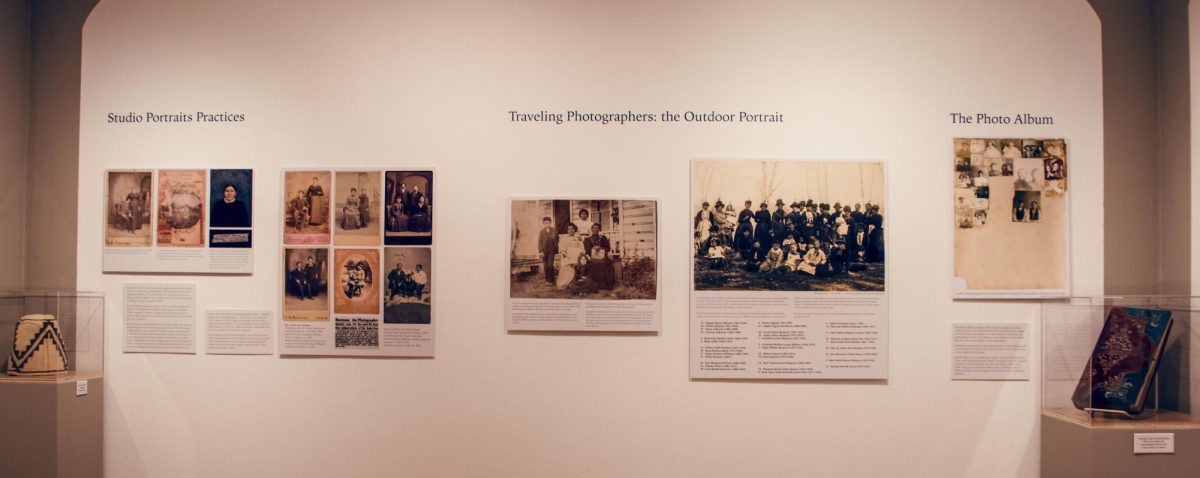
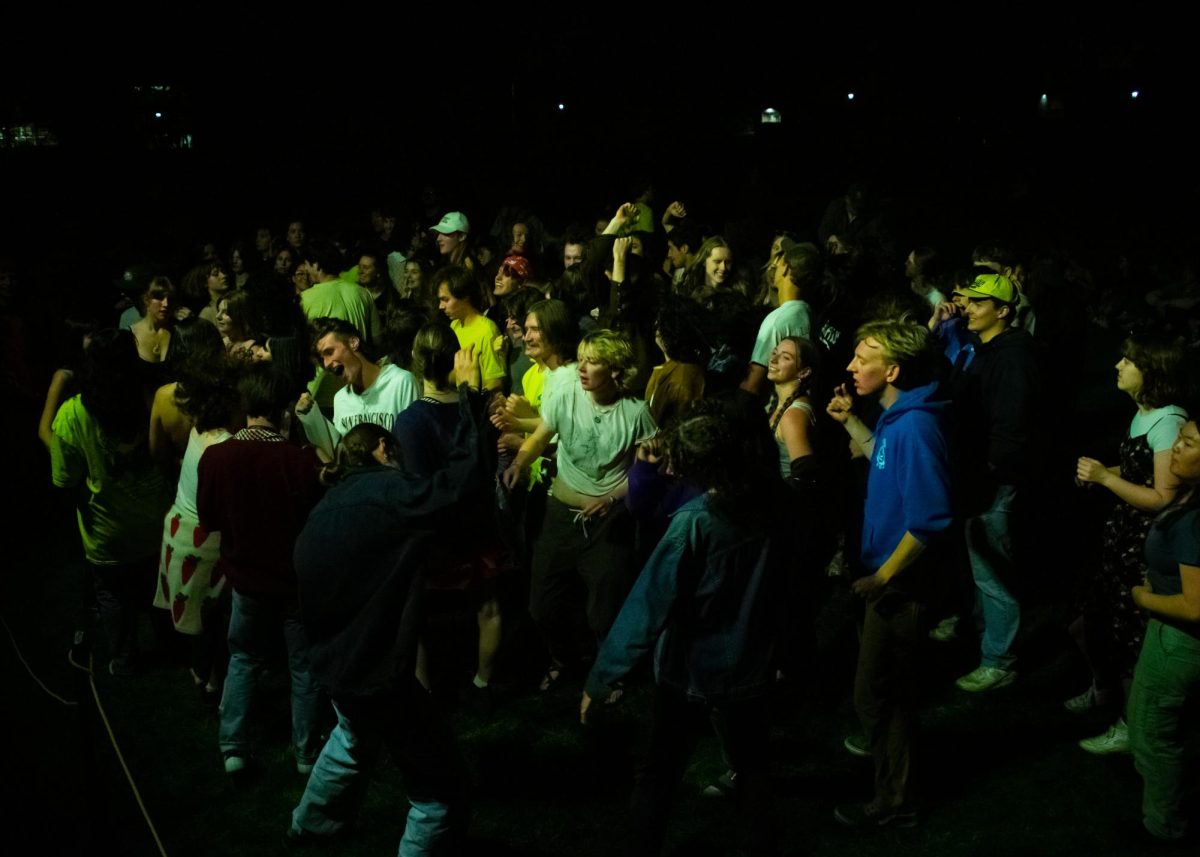


Gern • Feb 24, 2024 at 8:11 am
An investigative journalist might do well to research Sarsour’s participation in the proven corrupt and anti-American, divisive organizations like Black Lives Matter and the Arab American Association of New York, perhaps questioning her agenda and allegiances.
Sarsour’s support for Palestine deserves deeper scrutiny instead of the carte blanche approval implied in your article.